By Michael Wilmington & Film Noir Blonde
The Noir File is FNB’s guide to classic film noir, neo-noir, sort of noir and pre-noir on cable TV. All movies below are from the schedule of Turner Classic Movies (TCM), which broadcasts them uncut and uninterrupted. The times are Eastern Standard and (Pacific Standard).
PICK OF THE WEEK
“Notorious” (1946, Alfred Hitchcock). Tuesday, Feb. 12, 10:15 p.m. (7:15 p.m.)
“Notorious” ranks as one of Alfred Hitchcock’s best films and Ingrid Bergman as Alicia Huberman is one of the most contemporary of all ’40s noir heroines. In this splendid 1946 suspense thriller, Bergman’s Alicia is a U.S. secret agent assigned to infiltrate a group of Nazis who have resurfaced in South America after WW2. Alicia risks her life to root out the Nazis’ source of uranium, an ingredient in atomic bombs. She also likes to throw parties, expose her midriff (love the sequin zebra-print top) and pursue her man, fellow secret agent T.R. Devlin (Cary Grant). Dev’s easy on the eyes, but he’s suspicious, uptight and seemingly unfeeling.
Their “strange love affair” as she calls it, tinged with cynicism and mistrust, is decades ahead of its time. And their record-breakingly long kisses, which look tame now, were considered extremely racy in 1946. Read the full review here.
Wednesday, Feb. 13
6 a.m. (3 a.m.): “The Stranger” (1946, Orson Welles). With Welles and Loretta Young.
6:30 p.m. (3:30 p.m.) “The Window” (1949, Ted Tetzlaff). With Bobby Driscoll and Arthur Kennedy.
12:30 a.m. (9:30 p.m.): “The Narrow Margin” (1952, Richard Fleischer). With Charles McGraw and Marie Windsor.
Thursday, Feb. 14
12 a.m. (9 p.m.): “Rebecca” (1940, Alfred Hitchcock). Daphne du Maurier’s supreme gothic romantic thriller about a shy, nameless young woman (Joan Fontaine), picked by a rich, brooding widower, Maxim de Winter (Laurence Olivier), as his new bride, to replace his late, intimidatingly beautiful, acid-tongued and unforgettable spouse, Rebecca.
To the new bride’s fear and dismay, Rebecca still casts an eerie spell over the De Winter mansion Manderley – as do the house’s spooky, terrifying housekeeper (Judith Anderson) and Rebecca’s rascally seducer cad of a cousin (George Sanders). This elegant and faithful David O. Selznick production is directed, thanks to Selznick’s famous interference, in somewhat fettered, but ingenious style by Hitchcock. One can’t imagine it being done better. “Rebecca” was the Best Picture Oscar winner for 1940: a very good year for Hitchcock, Selznick, Fontaine, Du Maurier – and us.
2:30 a.m. (11:30 p.m.): “Spellbound” (1945, Alfred Hitchcock). With Ingrid Bergman and Gregory Peck.
Saturday, Feb. 16
12 a.m. (9 p.m.): “North by Northwest” (1959, Alfred Hitchcock). With Cary Grant and Eva Marie Saint.
2:30 a.m. (11:30 p.m.): “Bad Day at Black Rock” (1955, John Sturges). With Spencer Tracy, Robert Ryan and Lee Marvin.
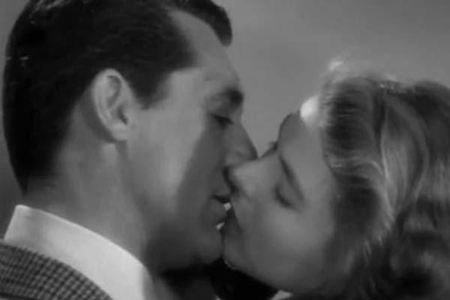






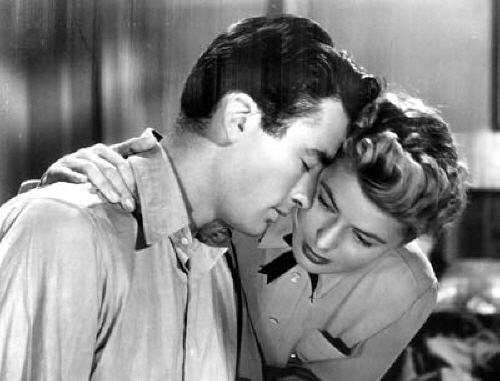
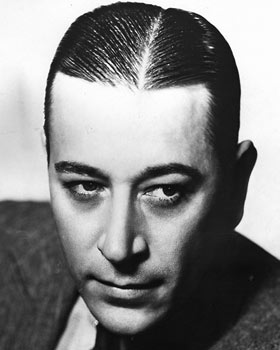
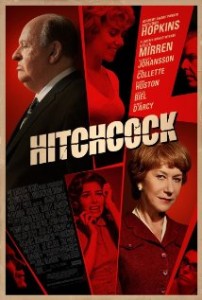
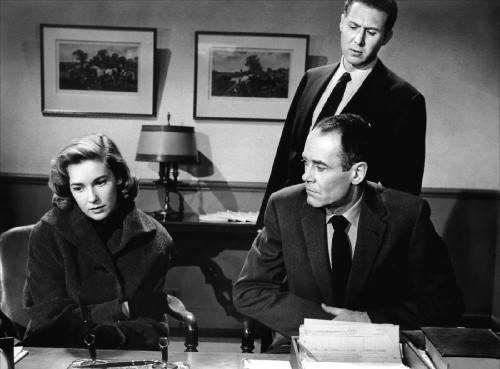
![Bonjour Tristesse DVD[1]](http://www.filmnoirblonde.com/wp-content/uploads/2012/11/Bonjour-Tristesse-DVD11.jpg)
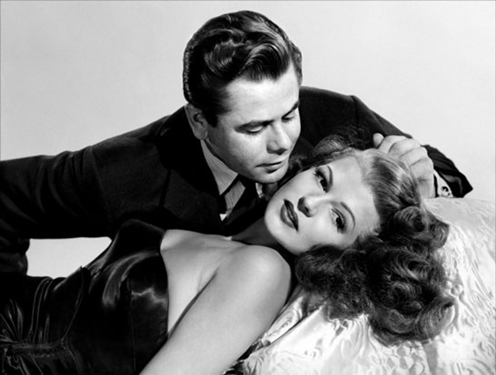
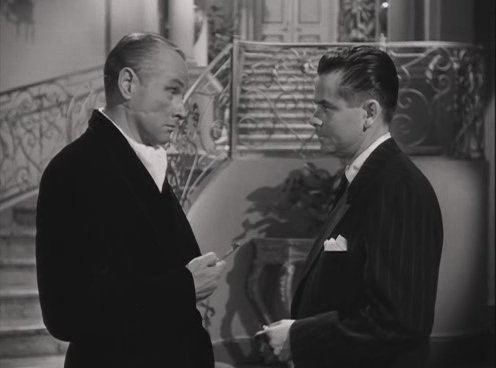

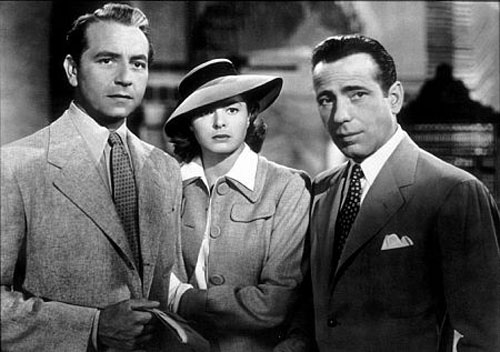
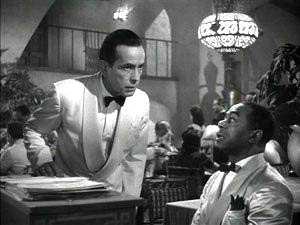
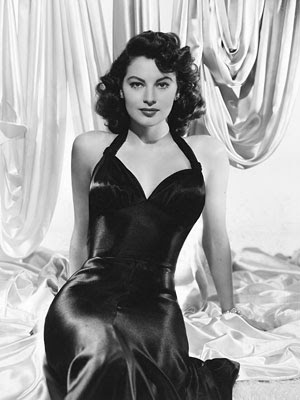

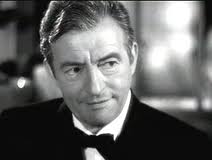
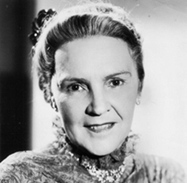
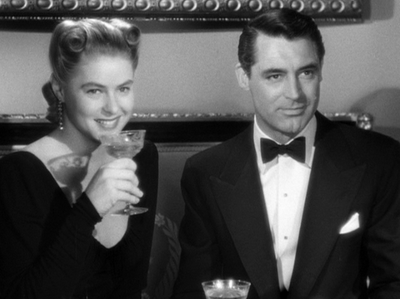
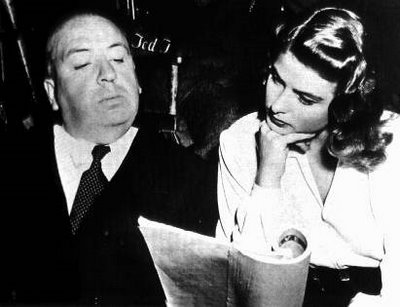
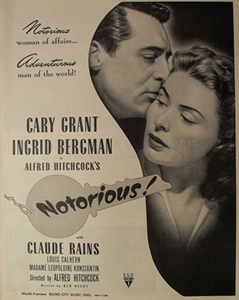
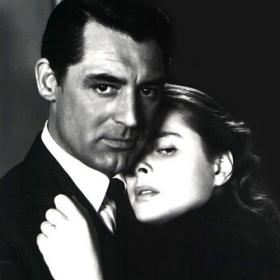


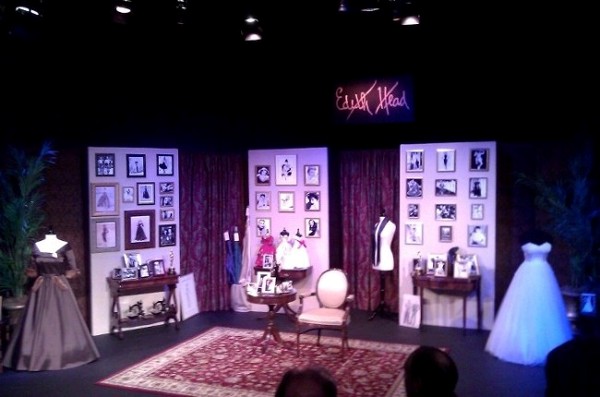

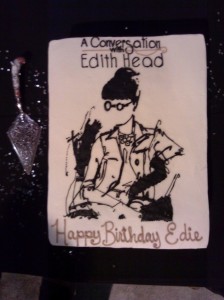





From FNB readers